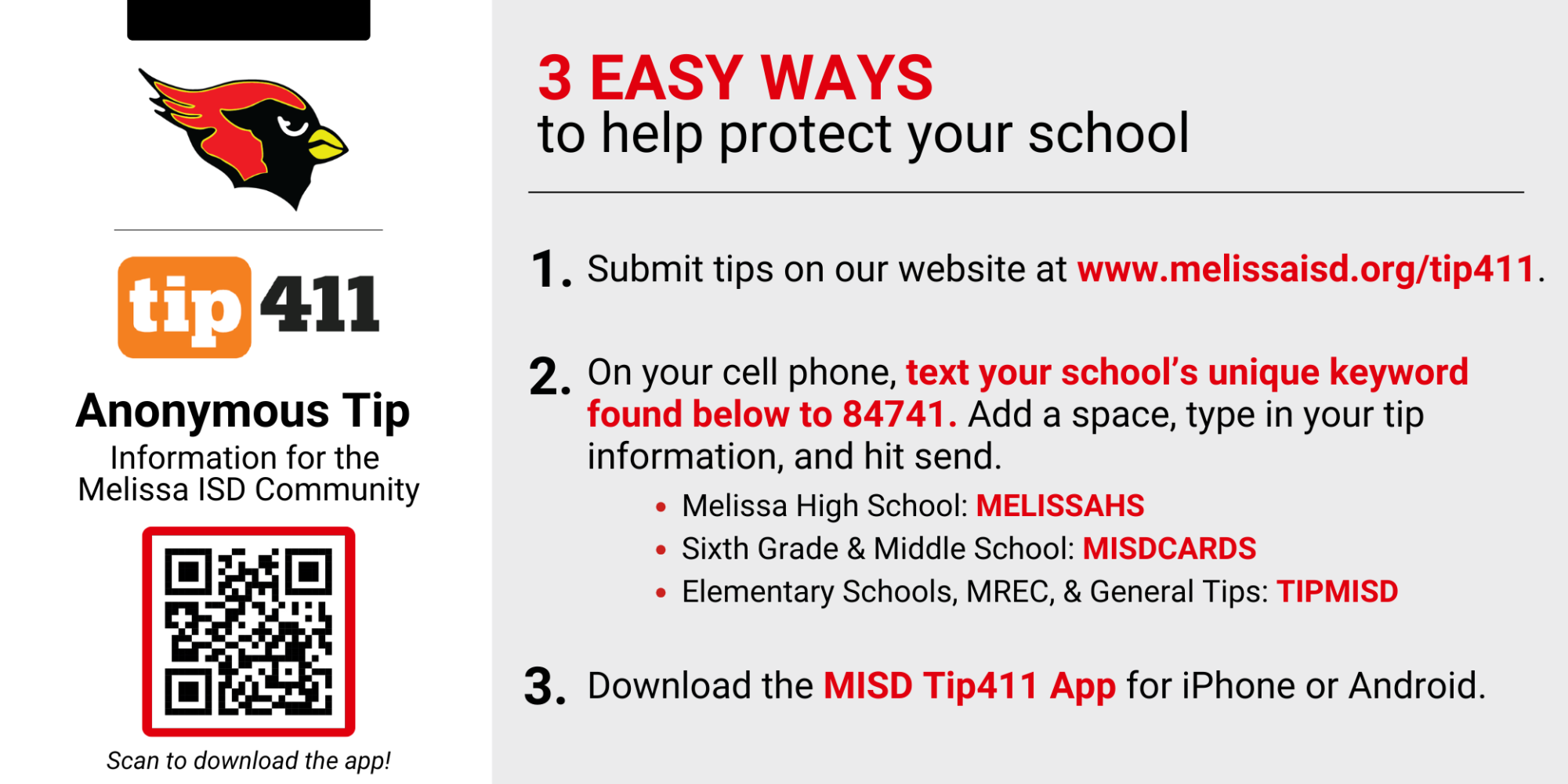Social Media-The Monster
January 9, 2017
Minutes turn to hours and yet our fingers continue scrolling through the endless feed of social media posts that demand our attention. Flashes of bright color, the latest fashion, tummy tickling humorous memes, and visually appealing photos and videos flood our phones through sites such as Twitter, Instagram, Snapchat, Facebook and Tumblr. Teenagers have more access to social media than ever before. We have a gaping space inside of us that can only be satisfied by the humor and interesting pictures seen online. It’s all about how many followers can we get? How many likes can we receive on our latest post? But the scary truth is that we may never be truly fulfilled by the number of views we collect on our latest video. The constant snapchats that arrive on our phones each second and the anonymous questions presented to us on ask.fm are just a few of the numerous social media monsters that have caught the eyes of researchers. The question has been presented; is social media healthy for people of all ages?
Forbes Magazine completed a study in Apr. of 2016 on how social media can destroy confidence and lead to clinical depression. Dr. Primack, the head doctor in this study, and a team of researchers polled 1,787 adults in the United States. The researchers created a questionnaire to give to the participants. Facebook, Twitter, Instagram, Youtube, Tumblr, Snapchat, Pinterest, and Vine all took part in this study and allowed data to be collected from their users. Once the data was collected from the questionnaire, the researchers discovered, participants claimed to use a social media site on an average of 61 minutes every single day and they interact with about 30 different accounts each week.
Alarmingly, over a quarter of the participants were classified as having very high risk factors for developing depression. There was a direct correlation between the amount of time spent on social media, and signs of depression in users. The time spent on social media wasn’t just about the total amount of minutes, but the frequency of these visits. This study conducted by Forbes Magazine proved that the more time a person spends on social media then the higher chances they had of developing depression. Sophomore, Sam Whitten agreed with the findings and adds, “Social media is addicting. And while we may not realize it, social media causes low self-esteem. Users are in constant threat of being judged by the things they post.”
In comparison, the users who viewed social media less frequently or not at all were less likely to develop signs of depression. Shockingly, the participants who frequently checked social media had two times the likelihood of depression than the participants who don’t check those sites regularly. Lead author of the findings from this study, Lui Yi Lin, concluded that it is very possible that people who are already depressed use social media to fill an empty void within themselves. However, certain exposure to social media can cause depression, which leads to the use of more social media. And this is the inevitable fatal cycle of depression that social media users can fall into.
The primary reason that sites such as Twitter, Instagram, and countless others cause depression amongst many people is the exposure to seemingly “picture perfect” lifestyles. Rarely do people post pictures and videos of their hectic, busy, stressful, and chaotic lives. Instead what’s depicted is the highlights and best moments in a person’s life. When others look at these “perfect” lives, it can cause comparison. Along with this comparison comes thoughts of “why can’t I be more like that” and “why can’t my home look like that” and “why doesn’t my family get along like that” along with countless other detrimental thoughts. Social media oozes with feelings of envy and jealousy. It causes users to believe in the distorted fantasy that everyone else leads a healthier and happier lifestyle. Participants in this study also stated that they felt like they were participating in meaningless activities when they scroll through their Facebook, Vine, etc.
Spending time on social media also exposes users to a large amount of cyber-bullying. Sophomore, Connor Newberry claims,”It is much easier for a person to be bullied over social media than for it to actually occur face-to-face.” This can cause feelings of depression and lead to people feeling sad. Social media also fuels the world’s “Internet Addiction” which is considered a psychiatric condition linked to depression. As a result of this shocking study, many social media sites have taken action. On Tumblr, if a user searches the words “depressed” or “suicidal” then the blog platform will show them helpful ads with names of places where people in need can receive help. Other ads ask users if everything is okay. These ads have been beneficial in helping to aid many depressed social media users and providing them with the help they need. After sharing the results of the study conducted by Forbes Magazine, sophomore Rosie Ruiz said, “I think these solutions that social media sites are implementing are great. The solutions are bringing optimism to a dark area of the internet. I also think that they should show positive quotes to uplift users.”
In conclusion, users feel a decline in happiness the more time they spend on social media. The more frequently a person visits these sites, the higher likelihood there is of depression. So before we so eagerly open up our Instagram app, it may be beneficial to have a personal examination first. We need to ask ourselves why we are using social media, is it to make us feel happier about our lives? Is it to compare our relationships to others? Is it to cope with our sadness? If the answer is yes to any of these then it may be in our best interest to put our phone down.
The only thing waiting for us behind those misleading happy and colorful apps on the homescreen is a sad comparison between the highlights of others lives and what we know to be happening behind the curtain of our own lives. Social media will never portray the reality of how difficult life can be at times. Sophomore, Matt Holloway states, “Social media can be good and bad. It is good because it allows people to make new friends. But it can also be a very bad thing because it allows for news that may not be true to get spread like wildfire.” Limiting the amount of time we spend scrolling through social media is a healthy habit because it can help prevent any negative thoughts that could lead to depression. It is crucial that people learn to fill the empty void within themselves with things other than social media. And finally, social media needs to be recognized as the dangerous monster that it is to society.






